
Imports of drawn stainless sinks from China were valued at an estimated $118 million in 2011, according to the US government.
On January 17, the Commerce Department also opened an investigation into frozen warm-water shrimp from China and six other countries, the first probe into Chinese agricultural products, after slapping anti-dumping duty orders on the same Chinese product for eight years.
Chinese Commerce Ministry spokesman Shen Danyang said during a news briefing on Wednesday that the US probes, without recognizing China as a market economy, violated world trade rules and its own federal laws.
Zhou added: "The US is now giving up free trade and practicing trade protectionism. Our exporters must stand up to the increasing US investigations rather than stepping backward."
Jin Baisong, deputy director of the Department of Chinese Trade and Studies at the Chinese Academy of International Trade and Economic Cooperation, a think tank of the Ministry of Commerce, said: "What's more import, the frictions are expanding from bilateral trade to Chinese investment in the US.
"The US government has blocked some Chinese investments due to so-called national security concerns, which is a new but adverse movement.
"We must remain alert to the trend. The Chinese government can also use the same practice against US companies in China."
Zhou added that the investment restrictions are especially obvious in high-tech sectors in the US and called for more exchanges between the two governments to solve the issues.
However, despite the mounting trade friction, experts agreed that bilateral trade is actually developing.
"As bilateral trade keeps expanding, it's natural to see more trade frictions and they still account for a small share of overall trade," said Jin.
He added that he expected China-US trade to grow between 10 and 15 percent in 2013 as both economies improve.
The US was China's second-largest trading partner and top export destination in 2012.
Bilateral trade rose 8.5 percent year-on-year in 2012 to $484.68 billion, about 12.5 percent of China's total trade volume, according to China's General Administration of Customs.

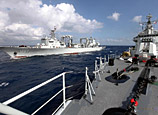


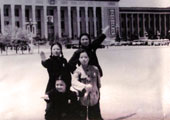

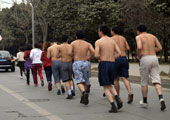

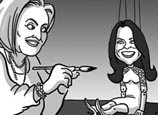
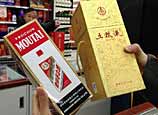







 At 75, he travelled in Europe; at 98, he got a master's degree; at 102, he published an autobiography.
At 75, he travelled in Europe; at 98, he got a master's degree; at 102, he published an autobiography.


![]()
